ARMY RANGER LUKE RYAN’S ‘A MOMENT OF VIOLENCE’ IS WAR POETRY FOR THE 21ST CENTURY
- By Alex Hollings
Share This Article
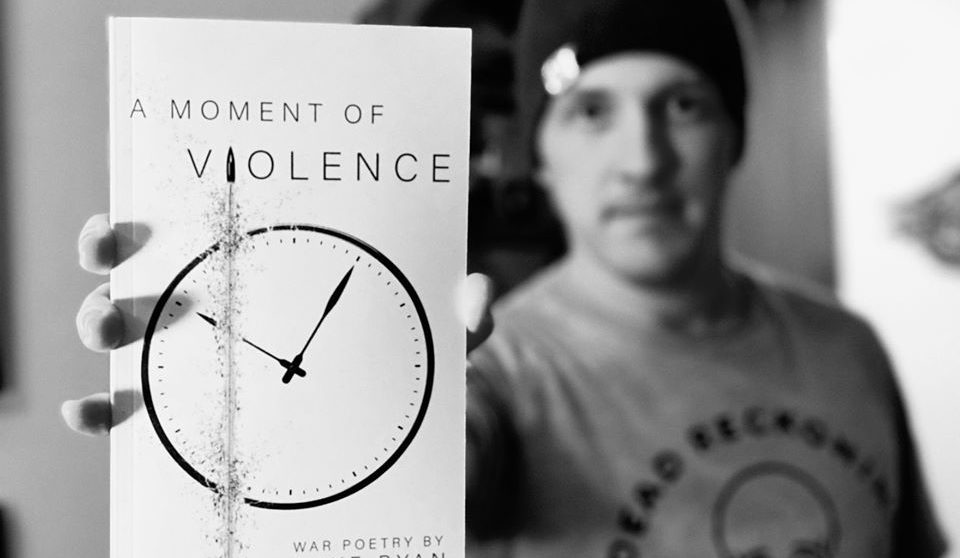
Long ago, when the word “warrior” represented as much a class of people as it did a profession, warrior poets earned acclaim by relating the horrors of combat and the joys of victory to others as they traveled.
These warrior-wordsmiths weren’t just telling stories, they were creating powerful connections between their warrior brothers and the public at large. War poetry offered an insight into war that ran deeper than a cold retelling of names and dates. Through the art of language, warrior poets helped those who’d never seen war understand how it felt. War poetry created perspective, provided emotional context, and helped the public at large better understand the meaning of ethereal concepts like honor, courage, and sacrifice.
Today, the news offers videos, images, and analysis into modern conflict in a way the world has never seen before… but for all the graphic imagery, for all the pundit analysis, the emotional context remains sparse. Soldiers are still fighting far off battles today, and while we may see reports about those fights on TV, the general public is no closer to truly knowing war, for all its pains and prizes, than the public did generations ago. Today, we can see war more readily than ever, but for many, understanding it remains an elusive concept.
And that’s why former Army Ranger Luke Ryan’s new book, “A Moment of Violence,” is such an important piece of reading. Ryan’s experiences as an Army Ranger fighting in the War on Terror put him face to face with the age old symphony of overlapping emotions and violence of action that permeated battle fields since men first learned to sharpen sticks, and he’s chosen to couple those experiences with his love for writing in a way that conveys not just the physical reality of war, but the range of powerful emotions that run parallel throughout.
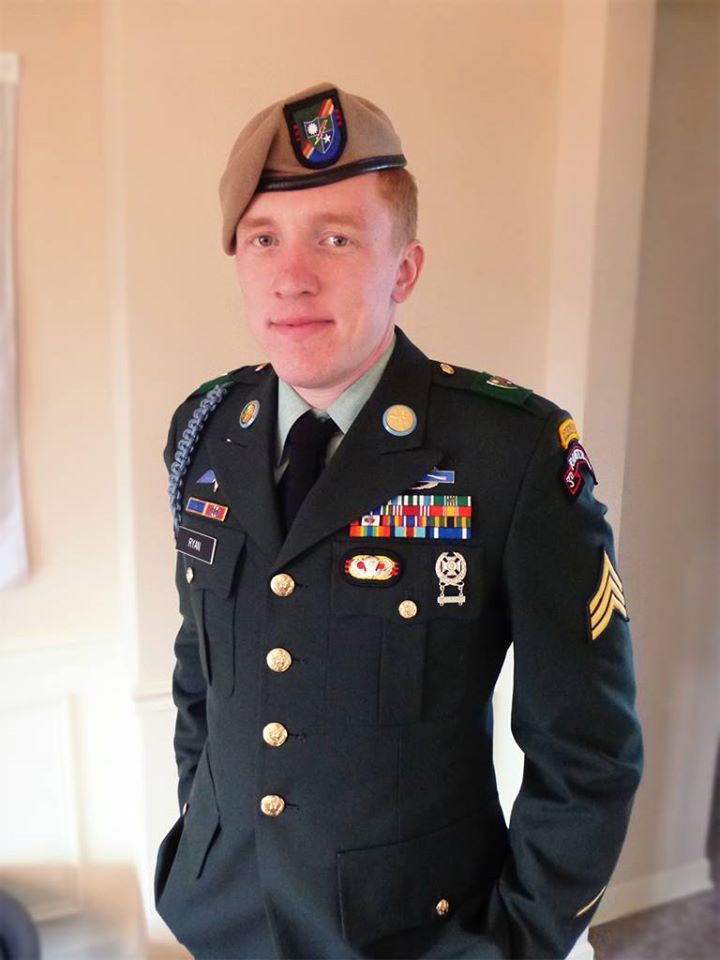
Ryan’s love affair with poetry, appropriately enough, came as a result of his appreciation for another war poet’s work while he was still in service.
“On my second deployment to Afghanistan, my dad sent me a poem called ‘Safety’ by WWI poet Rupert Brooke,” Luke Ryan tells Sandboxx News.
“It really had a profound effect on me, and I carried it through the rest of my deployments. When I got out, I went to school for English Literature — it was there I really learned about how prolific WWI war poetry really was. I dove into it and haven’t stopped.”
When Ryan got out of the Army and headed for school, he was already aware that his experiences yielded him a unique perspective on warfare, and through that lens, people, relationships, and the world.
“Years later, I was working through all the thoughts and feelings that sort of bubble up after deployments. When you get out, it’s all fresh in your memory but with age comes wisdom and the time for reflection — you’re given a whole book of experience when you’re in a war, then you have the rest of your life to read it.”
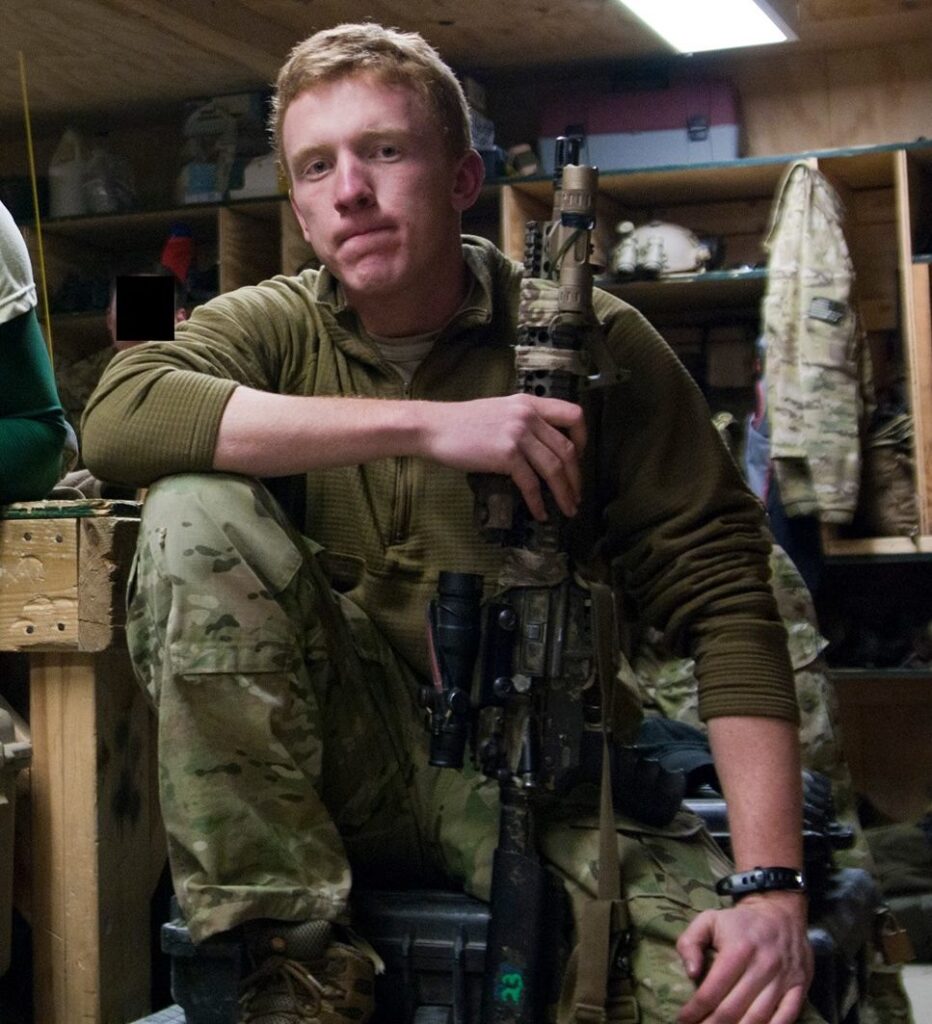
Ryan, who has had his narrative work featured in the New York Times and who currently works as an Associate Editor for the military media outlet Coffee or Die, soon found that he was able to explore his experiences differently through poetry than he could through journalism and analysis.
“Some feelings, thoughts, or memories are just too complicated to explain clinically. Like music, poetry evokes certain emotions that we haven’t assigned words to yet,” Ryan explains.
“The words in a poem are placed in very non-traditional ways to express these non-traditional ideas. They paint pictures in new ways, find new angles to look at things.”
Last year, Ryan published his first collection of war poetry, “The Gun and the Scythe: Poetry by an Army Ranger,” which along with “Here Bullet,” by Brian Turner–a U.S. Army infantry soldier–was the only book of poetry in my pretty broad collection of paperbacks. Once I picked up my copy of Ryan’s new poetry collection, “A Moment of Violence,” I reached out to Ryan to ask him how writing poetry has affected him as a warrior, a writer, a veteran, and a man.
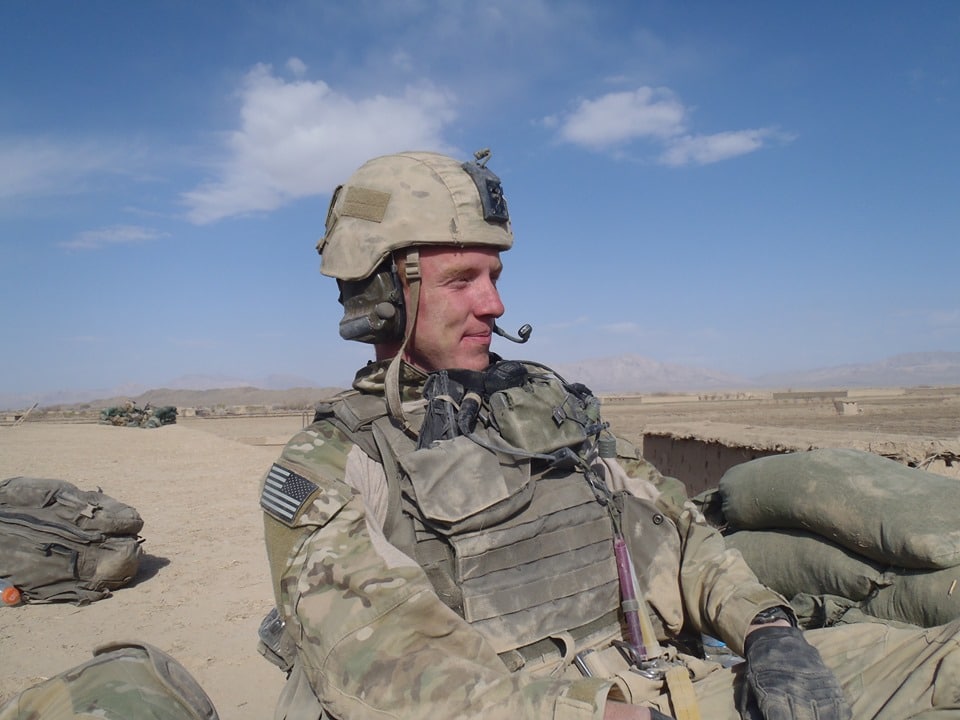
Ryan explained to me that his work helps him, and he hopes it helps other combat veterans like him to “dig up those uncomfortable or interesting feelings that have not been properly articulated” and give them the attention they need. But combat vets aren’t the only people that can gain important understanding from his collection of work.
“Some of my poetry is challenging, for example, like trying to bring up the topic of service among veterans — are you done serving? How much recognition will you demand for your service before it’s enough? Is it possible to continue to serve after the military? Attacking those issues through the medium of poetry might get people to think about them in new ways.”
In particular, I asked Ryan what he hopes people come away from his new book understanding. The topic of death versus life is an important one to Ryan, but he doesn’t assume to have all the answers. Instead, Ryan hopes his work can serve as an impetus for thoughtful discussion and introspection.
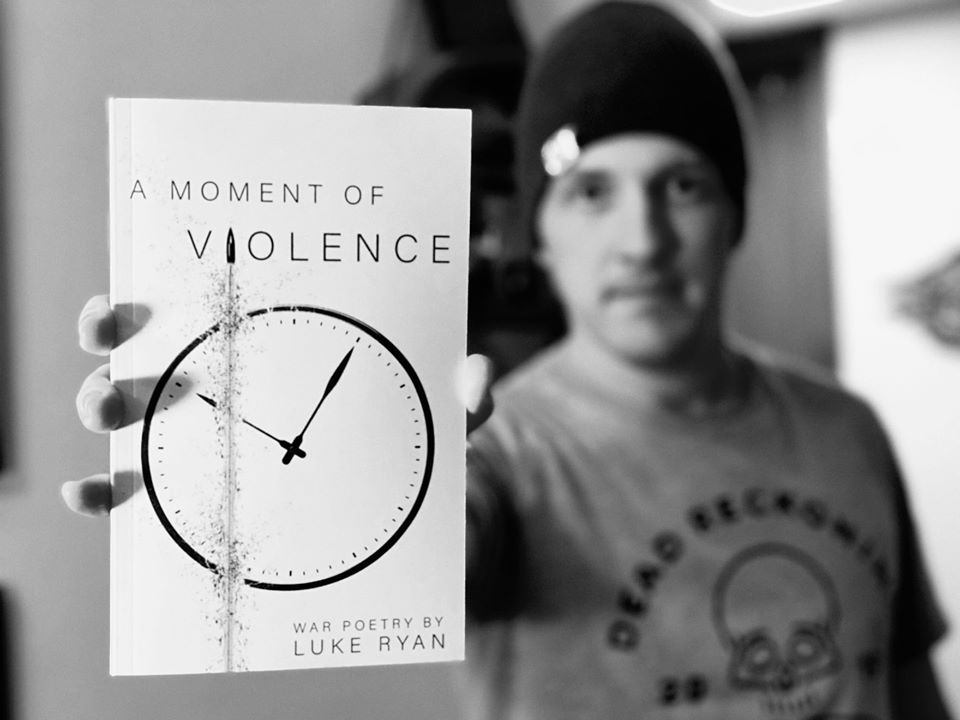
“My poetry doesn’t need to give people answers. God knows, we have enough people touting opinions these days. If I can get people to ask themselves real, honest questions about war and human nature, I’ll call that a win.”
You can buy Luke Ryan’s new book, “A Moment of Violence: War Poetry by Luke Ryan” on Amazon here. If you’d like to follow Luke Ryan on social media, you can find his Facebook here and his Instagram here.
Related Posts
Sandboxx News Merch
-

‘AirPower’ Classic Hoodie
$46.00 – $48.00 Select options This product has multiple variants. The options may be chosen on the product page -

‘Sandboxx News’ Trucker Cap
$27.00 Select options This product has multiple variants. The options may be chosen on the product page -
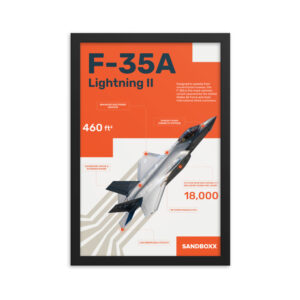
F-35 ‘Lightning’ Framed Poster
$45.00 – $111.00 Select options This product has multiple variants. The options may be chosen on the product page

Alex Hollings
Alex Hollings is a writer, dad, and Marine veteran.
Related to: Pop Culture, Special Operations
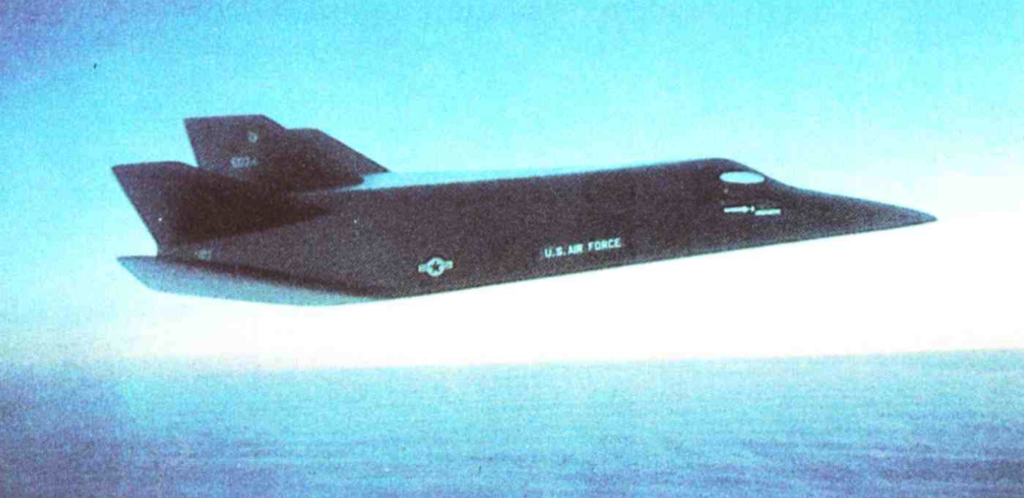
Game-changing military aircraft that were canceled before they could change the game

The US Air Force could sink Iran’s new drone carrier with a single shot
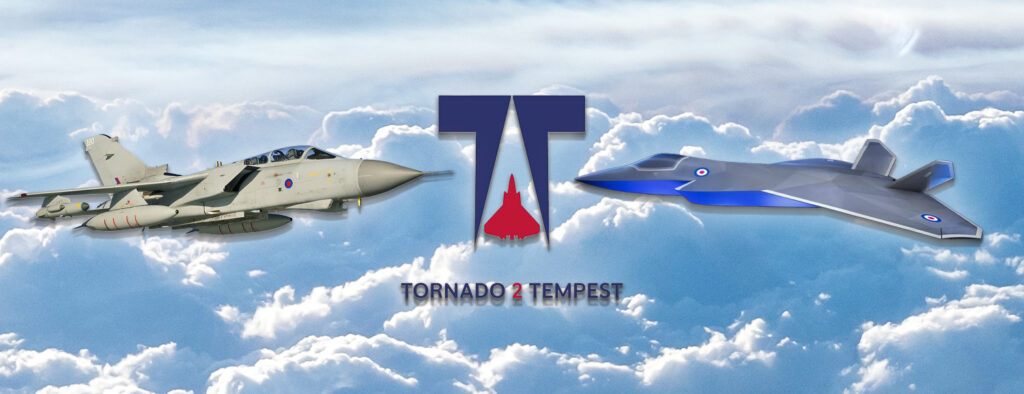
The UK is recycling old jets to build its next-generation Tempest fighter
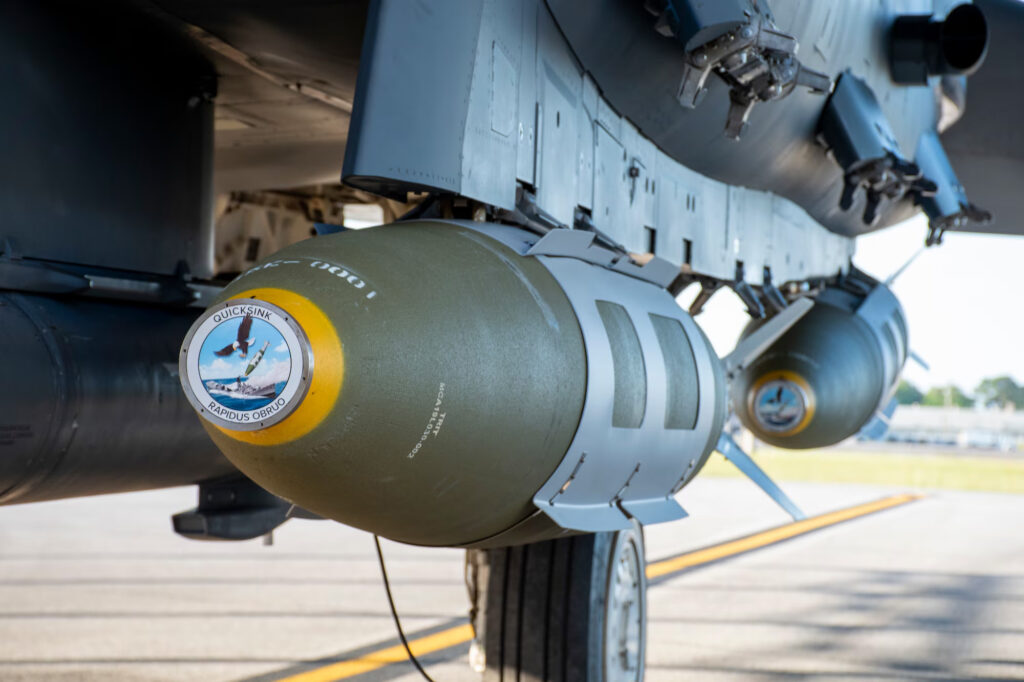
Quicksink kits could make it much cheaper to take out enemy ships
Sandboxx News
-

‘Sandboxx News’ Trucker Cap
$27.00 Select options This product has multiple variants. The options may be chosen on the product page -

‘AirPower’ Classic Hoodie
$46.00 – $48.00 Select options This product has multiple variants. The options may be chosen on the product page -

‘AirPower’ Golf Rope Hat
$31.00 Select options This product has multiple variants. The options may be chosen on the product page -

‘Sandboxx News’ Dad Hat
$27.00 Select options This product has multiple variants. The options may be chosen on the product page
